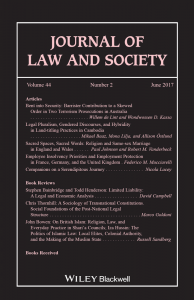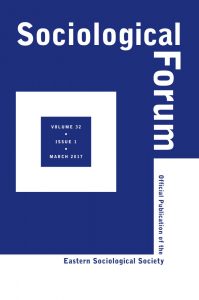More Musings on Evil: Ethnicity, Gender and Sexuality in Media Villains
In a recent post, I discussed a longstanding trend in American (and Western) media of using racial Others to embody evil. From adult action films to children’s animated features, we can find examples of villains whose malevolent nature is clear from the racial/ethnic stereotypes used to characterize them. But racial stereotypes are not the only stereotypes used to denote wickedness; we can also find many examples of non-normative sexualities and gender performances associated with evil. Importantly, this sexual Otherness is...




